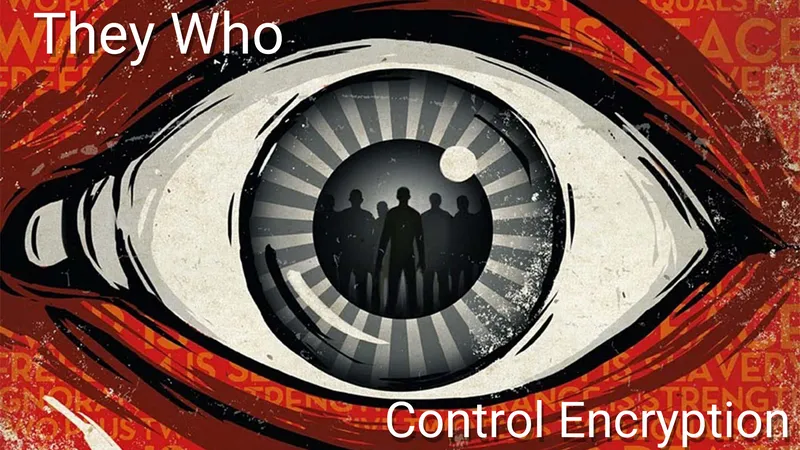Security


They Who Control Encryption
Aug 12, 2020 by Lane WagnerIf you’ve seen The Imitation Game or studied computer science in school, you have likely heard of Enigma, Alan Turing, or some of the other advances in cryptography that took place during the Second World War. During this time and until the 1970s, governments from around the world had near-total control of all cryptographic systems. It was nearly impossible to learn about encryption without going through a government agency.


How Do Brute-Force Attackers Know They Found The Key?
Feb 11, 2020 by Lane WagnerTo “Brute Force” something (when talking about computers) means to systematically try every possible combination until you find the right answer.


Security in Dependencies
Aug 21, 2019 by Lane WagnerChoosing the right dependencies is a difficult task. Assuming the developer of an application is the best programmer in the world, the “best” thing to do would be to write the entire codebase alone. This would eliminate the bugs, vulnerabilities, and malicious intrusions of inferior developers.


Creating and Remembering a Strong Passphrase
Aug 03, 2019 by Lane WagnerWe all have hundreds of online accounts. Ideally, as many of those accounts as possible have unique passwords. Unique passwords however present a difficult problem.


Trustworthy vs Trustless Apps
Jul 23, 2019 by Lane WagnerIn the wake of the hearings about Facebook’s new Libra blockchain, it is more important than ever that we all understand the difference between trustworthy and trustless apps.